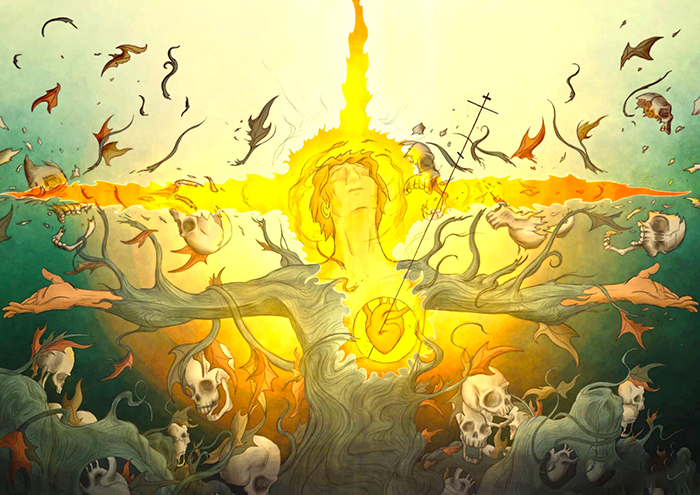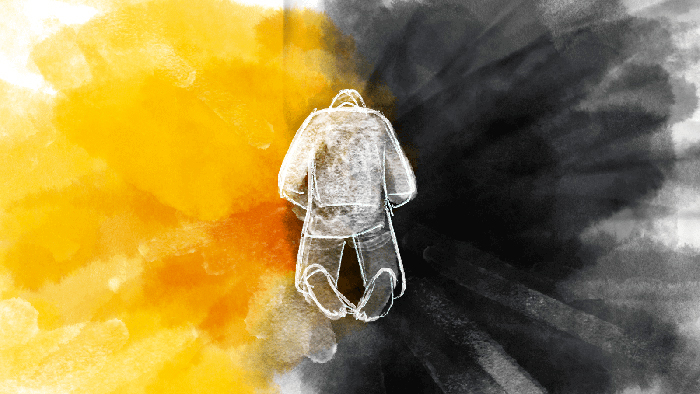
Fr. Ron Rolheiser writes that humanity struggles to find its uniqueness in a world filled with billions of others seeking the same uniqueness. We try to stand out but generally don’t succeed. We sense that we are extraordinary, precious, and significant, irrespective of our practical fortunes in life. Deep down, we feel uniquely loved and specially called to a life of meaning and significance. We know, too, though more in faith than in feeling, that we are precious not based on what we accomplish but rather based on having been created and loved by God. But this intuition, however deep in our souls, invariably wilts in the face of trying to live a life that’s unique and special in a world in which billions of others are also trying to do the same thing. And so we can be overwhelmed by our own mediocrity, anonymity, and mortality and begin to fear that we’re not precious but are merely another among many, nobody special, one of billions, living among billions. We struggle to be content with ordinary lives of anonymity, hidden in God. We set for ourselves the impossible, frustrating task of assuring ourselves something that only God can give us: significance and immortality. Ordinary life then never seems enough for us, and we live restless, competitive, driven lives. Why isn’t everyday life enough for us? Why do we habitually feel dissatisfied at not being special? The answer: We do all these things to try to set ourselves apart because we are trying to give ourselves something that only God can provide us with significance and immortality. Thomas Merton wrote: “There is no need to make an assertion of my life, especially so about it as mine, though doubtless it is not somebody else’s. I must learn to live to gradually forget program and artifice.” Ordinary life is enough. There isn’t any need to make an assertion with our lives. Our preciousness and meaning lie within the preciousness and purpose of life itself, not in having to accomplish something extraordinary.









